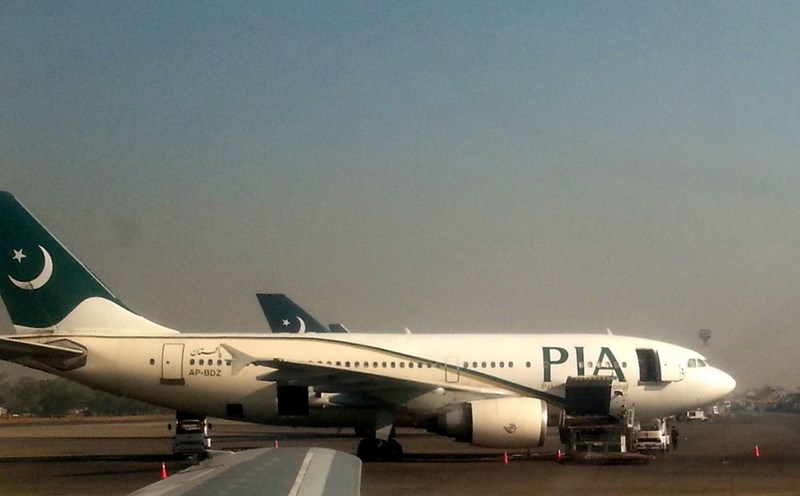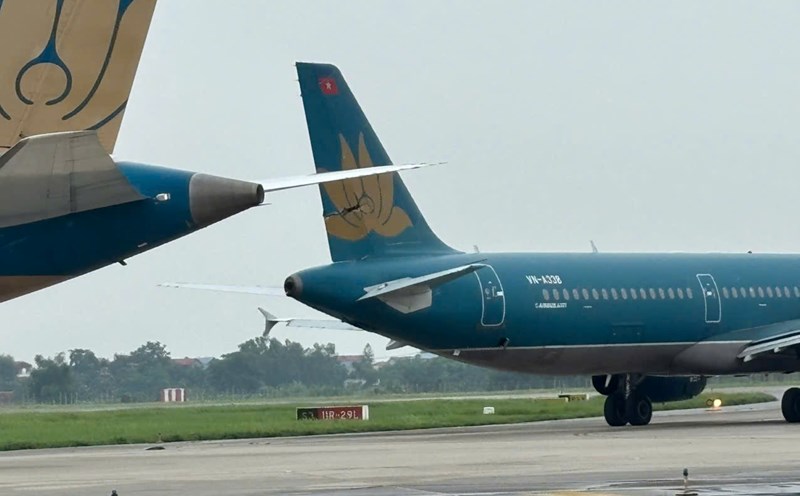On June 27, the Brazilian Civil Aviation Authority (ANAC) decided to permanently revoke the airport operator certificate of domestic airline Voepass Linhas Aereas.
The move comes after an extensive investigation into the catastrophic accident on August 9, 2024, when a Voepass ATR 72-500 crashed in Vinhedo, Sao Paulo state, killing all 62 people on the plane.
The tragedy prompted ANAC to conduct a comprehensive inspection of Voepass' operations. The results show that from August 15, 2024 to March 11, 2025, the airline has not conducted 20 mandatory maintenance inspections for 7 aircraft in the fleet.
Not only that, Voepass' continuous analysis and monitoring system (SASC) is considered ineffective, making it impossible for the company to promptly detect unusual technical problems, raising concerns about the safety level in all operational activities.
According to ANAC, these violations are not the first, but demonstrate an irresponsible model of ignoring safety warnings, thereby undermining confidence in the company's operational capabilities.
Although it has been suspended since March 11 to have time to fix the shortcomings, Voepass does not meet the necessary standards, leading to the decision to revoke the operating license with a fine of 100,000 USD.
At the same time, serious financial problems also pushed Voepass to the brink of collapse. On April 22, 2025, the company filed a bankruptcy protection application for protection under the reason of inability to pay.
The public dispute with LATAM Airlines over unpaid debts, combined with a decline in revenue due to suspension of operations, has left Voepass' financial situation at a standstill.
Brazilian media said that the collapse of Voepass is a wake-up call about the level of risk in the aviation industry. ANAC's tough decision is seen as a necessary move to reaffirm the importance of oversight and accountability in the aviation sector.
Although it may temporarily disrupt domestic routes, the launch of Voepass is expected to pave the way for new, more capable and safer airlines, contributing to improving the quality of flight services in the region.













